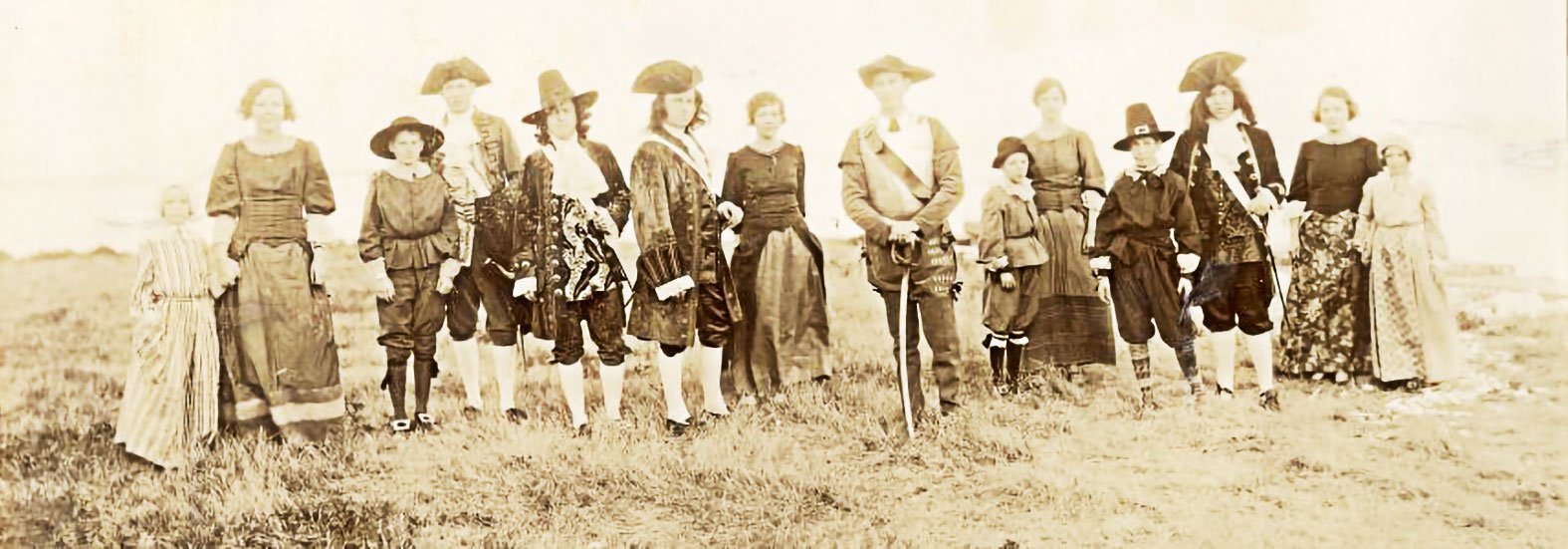
The Huguenots
About 500 years ago in France, during the Protestant Reformation, a growing group of independent clergy, scholars and laymen believed that spiritual seekers should interpret the gospel for themselves. Salvation, they said, came not from doctrine or works, but from faith alone.
These French Protestants became known as Huguenots. What began as a religious debate became a story of war, persecution and exile as the Huguenots challenged both the monarchy and the Roman Catholic Church for the right to worship as they chose. In 1685, by order of the French king, these religionnaires were forbidden to leave France and ordered to convert. If they refused, men were condemned to the galleys, women were imprisoned and children were taken from their families.
The Huguenots were the original refugees, and their refuge was a network of sympathetic communities scattered around the world. Beyond France, the Huguenots found champions and protectors on every continent. They were sought for their skills, ranging from winemaking to silk cultivation to expert weaving. They were valued for their courage and resilience, and their heroic determination to care for one another. The Huguenot culture has prevailed because of achievements both collective and individual. It persists thanks to shared memories and one, determined faith.
Over time, the Huguenots built new lives. They gained the right to vote, sought representation in government and played vital roles in the shaping of their new home and country. Many of the Huguenots and their descendants are some of the most influential people in American history.
Their independent spirit and determination in the face of persecution is as inspiring today as it was the day their first ship arrived. The Huguenot Society of South Carolina celebrates their courage by preserving and sharing their story—with their descendants and the world. We honor their commitment to family and faith. We carry on the Huguenot legacy because we believe that to know who you are and what you are capable of, you need to know who these people were.


